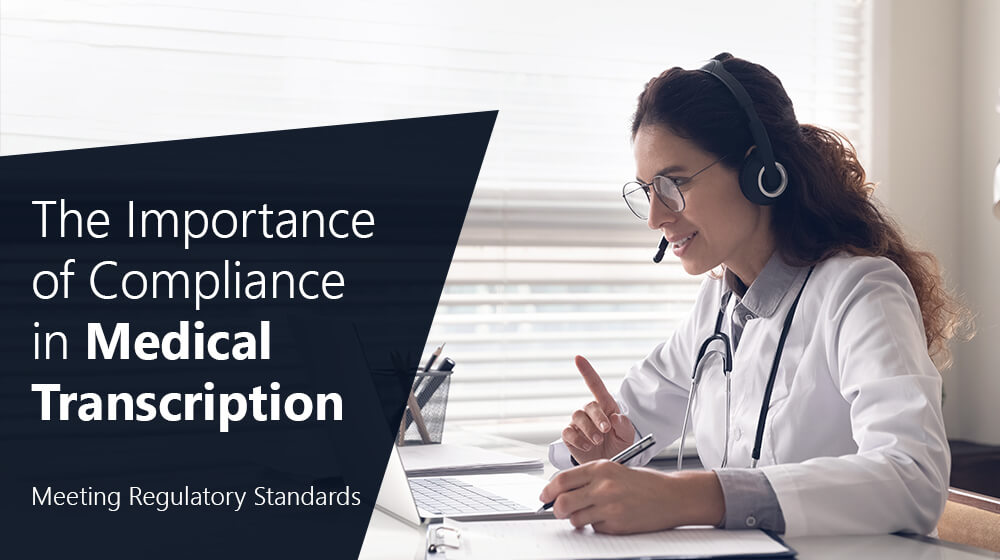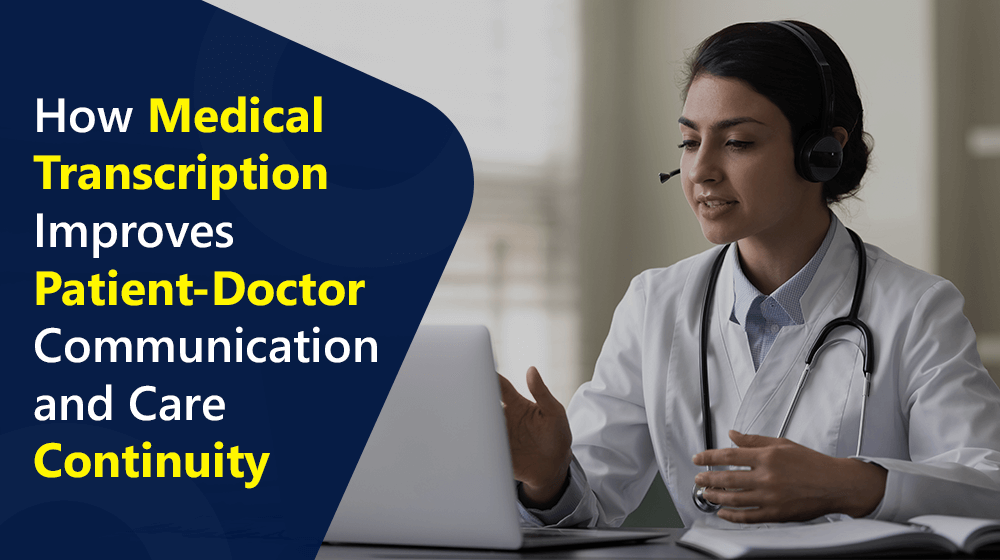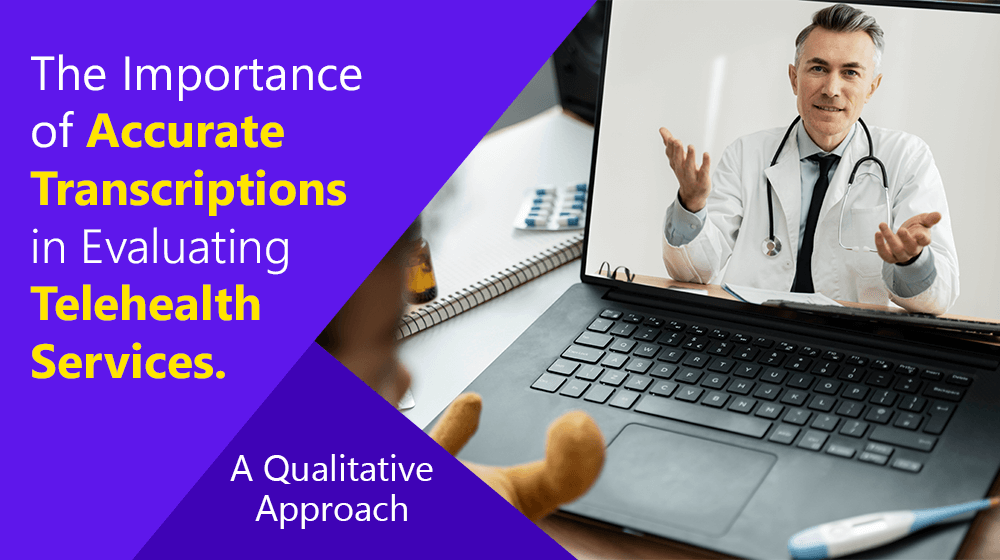Medical transcription is widely contributing towards patient safety and offering secure, accessible digital datasets for research. Other than being accurate, the transcripts also need to align with the compliance, both global and regional. Adhering to these compliance ensures that patient data is handled with utmost care and all the security measures are strictly followed.
For US based medical transcriptionists, adherence to HIPAA (Health Insurance Portability and Accountability Act) regulations is a must. All the transcription service providers follow these regulations to avoid data breaches. Read on and find about the specifications of this compliance and why it holds so much importance.
Understanding HIPAA Compliance
Before moving to the importance of compliance in medical transcription, let’s begin by understanding HIPAA compliance. HIPAA stands for Health Insurance Portability and Accountability Act, drafted in 1996 to safeguard sensitive patient data in the healthcare industry. It has certain US based regulatory standards for handling and storage of patient data and the same applies for the transcription services. The Department of Health and Human Services (HHS) regulates this compliance.
- Healthcare organizations identified as covered entities including healthcare providers, clearing houses and insurance companies.
- The second one counts on business associates or any organization dealing with protected health information, including transcription service providers.
HIPAA Rules For Medical Transcriptionist
There are HIPAA rules that medical transcription providers need to consider, including the following:
- HIPAA Privacy Rule : This focuses on the regulatory standards that service providers mention in their agreement.
- HIPAA Security Rule : This discusses national standards for the secure maintenance, handling, and transmission of medical data.
- HIPAA Omnibus Rule: It requires covered entities and business associates that the protected health information can’t be sold or shared for marketing or fundraising purposes without the patient’s consent.
Compliance and Medical Transcription
All the compliance associated with medical transcription mainly focuses on one thing, maintaining patient privacy throughout the process. It also highlights the ethical responsibility of all the healthcare professionals, who deal with sensitive information regularly. Let’s take a look at these points highlighting the importance of these compliance:
Patient's Privacy Maintenance
Medical history is highly sensitive and there’s extremely sensitive information that defines the course of a patient’s treatment. Compliance associated with transcription focuses on building a set-up where third party service providers carefully handle the data, eliminating every scope of breaches. This gives confidence to both patients and healthcare professionals because they can confidently focus on what’s best for them, without speculations of confidentiality.
Legal and Financial Applications
Another good reason to consider compliance is that they make it easier to deal with legal and financial issues. For instance, healthcare agencies and transcription service providers sticking with the compliance don’t need to worry about hefty fines. Moreover, these compliance make it easier for patients who get into the process of insurance claims and recovery. The credibility of all the parties is maintained alongside.
Standard Patient Database Protection
Compliance always prioritizes encrypted systems for maintaining privacy and securing data during transmission. This focuses on offering limited access and regular updates on security measures. Medical transcription service providers always look forward to standard data protection measures for offering a secure space for their clients.
Eliminating Every Scope of Error
When working according to the compliance, there’s no room for errors in medical transcription. Service providers take additional efforts like blending automation and human expertise to ensure that every term is transcribed exactly the way it’s supposed to be. A medical transcription with zero error automatically promotes a sense of protection and confidence, paving ways for patient betterment.
Streamlined Processes
The rules and regulations mentioned in specific compliance demonstrate a clear picture of how the transcription process should be carried out and the ways in which data needs to be handled. This is helpful for patients, healthcare professionals and the transcription service providers as well. Patients and healthcare professionals can focus on treatment plans, without getting into issues of documentation and data breaches. Additionally, service providers can develop a streamlined transcription process, inspired by the regulations, boosting client’s confidence and credibility.
Conclusion
Medical transcription compliance is important due to numerous reasons. From protecting patient record data to building credibility, these compliance contribute a lot towards making a safe space where patient data is handled with utmost care. Healthcare professionals and institutions collaborate with professional transcription service providers to ensure that no compliance is missed during the process.
At ANT Datagain, we have an expert team of transcribers, well versed with all the regulatory measures of the healthcare industry. You can contact us to get the most secure, affordable and reliable transcription services, tailored to your unique needs.
















